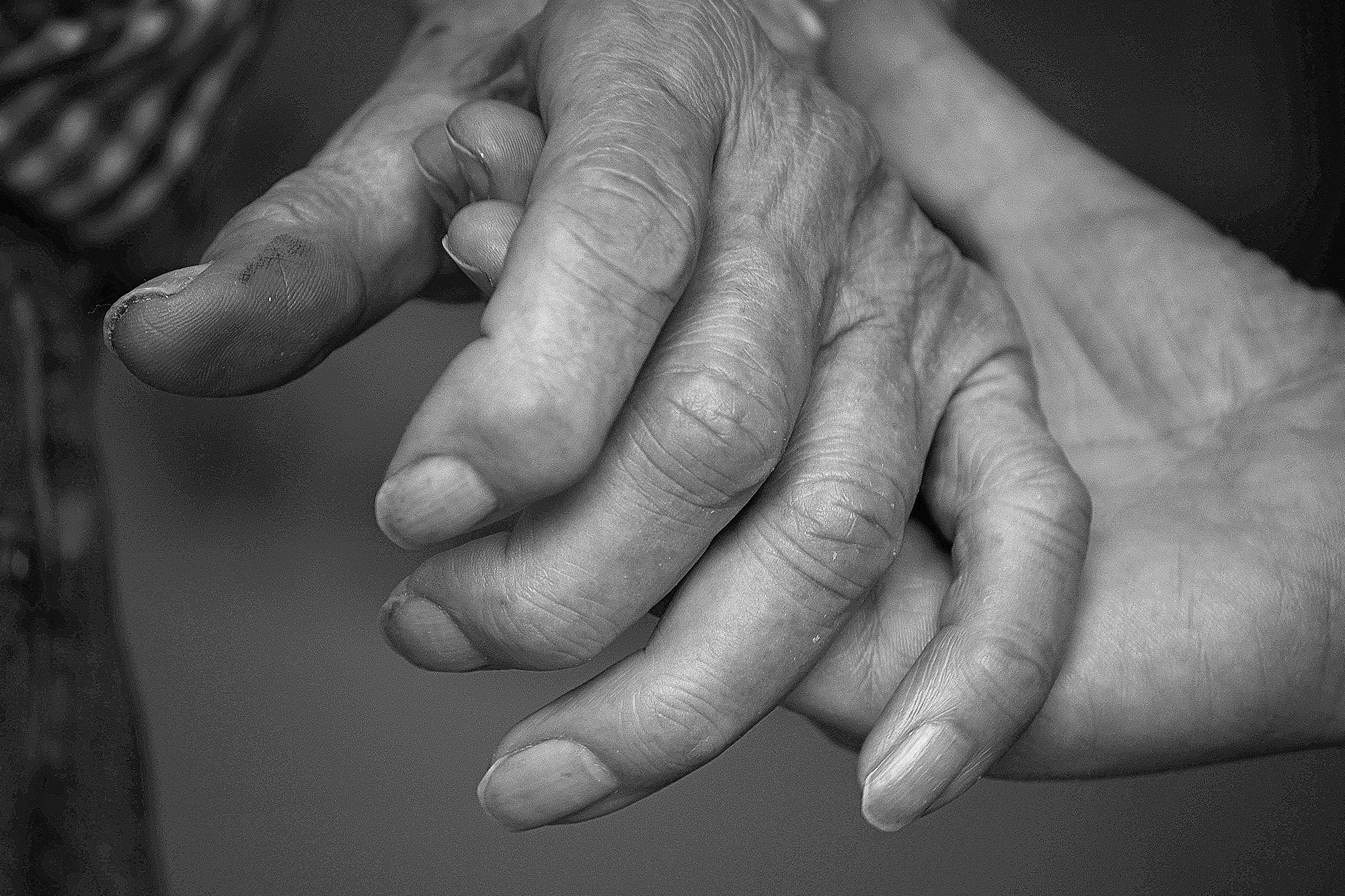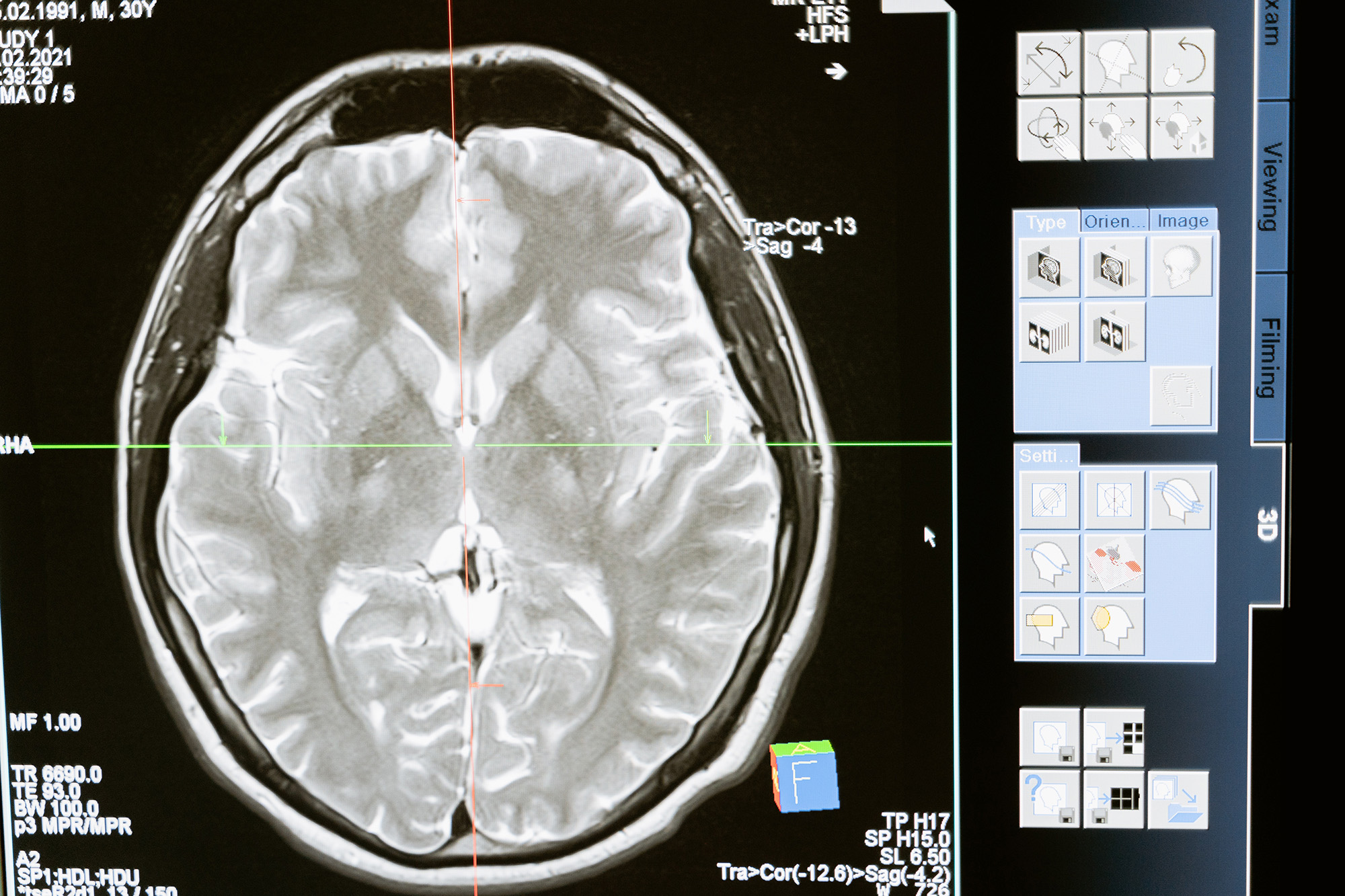Traumatic brain injury (TBI) is a severe medical condition that affects millions of people worldwide. It occurs when an external force causes damage to the brain, leading to a range of physical, cognitive, and emotional impairments.
Introduction
Dementia, a degenerative condition affecting cognitive function, is a growing concern as the global population ages. With no known cure, the focus shifts towards providing effective care and support for individuals living with dementia. In this blog post, we delve into the importance of good dementia care and how it can positively impact the lives of those affected.
The Challenges of Dementia
Dementia poses numerous challenges for both individuals with the condition and their caregivers. Memory loss, confusion, behavioural changes, and difficulty with daily tasks are just a few of the symptoms that can significantly impact a person’s quality of life. Providing appropriate care becomes crucial to ensure their well-being and maintain a sense of dignity.
Preserving Independence and Autonomy
One of the primary goals of good dementia care is to preserve the independence and autonomy of individuals living with dementia for as long as possible. By implementing person-centred care approaches, caregivers can tailor their support to the specific needs and preferences of each individual. Empowering them to make choices and participate in decision-making processes helps maintain a sense of control over their lives.
Enhancing Overall Well-being
Well-rounded dementia care encompasses not only physical health but also emotional, social, and mental well-being. Encouraging engagement in stimulating activities, social interactions, and maintaining a familiar and safe environment can contribute to overall happiness and reduce feelings of isolation. Additionally, ensuring proper nutrition, regular exercise, and access to healthcare services are vital components of comprehensive dementia care.
Reducing Agitation and Challenging Behaviours
People living with dementia may experience agitation and challenging behaviours due to their cognitive decline, frustration, or discomfort. Providing good dementia care involves understanding and managing these behaviours in a compassionate manner. By identifying triggers, creating calm environments, and utilising non-pharmacological interventions, caregivers can help minimise agitation and ensure a more peaceful experience for both the individual and those around them.
Supporting Caregivers
The importance of good dementia care extends beyond the individual with the condition. Caregivers, often family members or professionals, play a pivotal role in providing support and maintaining the overall well-being of those living with dementia. Recognising the challenges they face, it is imperative to offer them education, respite, and emotional support to prevent burnout and ensure they can provide the highest quality of care.
Advocacy and Awareness
Promoting the importance of good dementia care extends to raising awareness in society. By increasing understanding and empathy towards individuals with dementia, we can reduce stigma and create a more inclusive community. Advocacy efforts can help drive policy changes, increase funding for research, and support the development of innovative care approaches to further improve the quality of dementia care worldwide.
Conclusion
Good dementia care is essential for the well-being and quality of life of individuals living with dementia. By focusing on person-centred approaches, preserving independence, supporting caregivers, and raising awareness, we can make a significant positive impact on the lives of those affected by this challenging condition. Together, we can create a compassionate and supportive environment that empowers individuals with dementia to live their lives to the fullest.
If you’d like support for dementia care, please contact our friendly team for help and advice.



